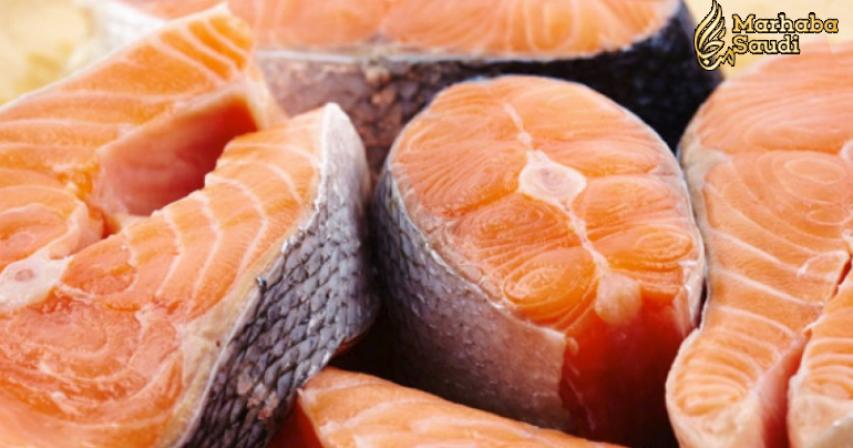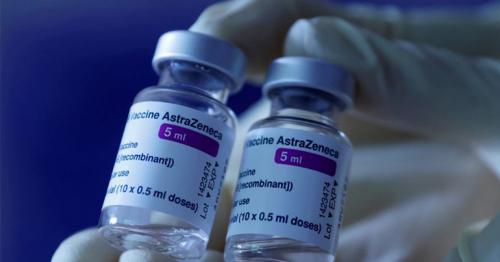Farmed Salmon — One Of The Most Toxic Foods In The World

It’s safe to say, that often times, we overlook what is behind the food that is in front of us. Fortunately, in this day and age, we are living in a time where people have become more conscious and critical of the food they’re eating. With the growing movement of people straying away from animal product consumption, we are naturally beginning to learn more about why people are cutting out this aspect of their diets.
Fillet-Oh-Fish, by director Nicolas Daniels, takes a critical look at the fish industry, investigating fish farms and factories all over the world in an extensive initiative towards educating people on the fish they consume. Though our perception of fishing is rather ‘romanticized’, according to Healthy Holistic Living, when it comes to large-scale food production, it’s an entirely different story.
According to Dr. Joseph Mercola, “Today’s fisheries are faced with a range of severe problems, from overfishing to chemical pollution and genetic mutation from toxic exposures.” The producers of the documentary note that through intensive farming and global pollution, the flesh of the fish that we eat has turned into “a deadly chemical cocktail”. Even so, the fish business continues to boom, merely to protect the image of modern fisheries from the public.
The investigation kicks off in Norway, where they have a look at the chemicals that are used in fish farms today. A respected Norwegian environmental activist by the name of Kurt Oddekalv believes that the farming of salmon is “a disaster both for the environment and for human health.” Among the Norwegian fjords that contain salmon farms, there is said to be a layer of waste about 15 meters high, consisting of bacteria, drugs, and pesticides. The seafloor is apparently destroyed, and due to the sea farms being situated in open water, there is no way to contain the pollution as a result of these farms. Upwards of 2 million salmon can be held in a crowded space, with the crowded conditions leading to disease that spreads rapidly through stressed salmon. Oddekalv reports that sea lice, as well as Infectious Salmon Anemia Virus has spread across Norway, while consumers are not informed of the fish pandemics, and continue to purchase diseased fish.
Despite fish always being known as healthy food, Oddekalv proclaims that today’s farmed salmon is one of the most toxic foods in the world. Jerome Ruzzin, a toxicology researcher, has confirmed these claims. Having tested a number of different food groups sold in Norway for toxins, he has determined that farmed salmon contains the greatest amount of toxins among them, by “an incredibly large margin.” It has been concluded that farmed salmon is, in fact, five times more toxic than any other food product tested.
Dr. Anne-Lise Birch Monsen a prominent biologist at the University of Bergen, Norway, stated “I do not recommend pregnant women, children or young people eat farmed salmon. It is uncertain in both the amount of toxins salmon contain, and how these drugs affect children, adolescents, and pregnant women.” She adds that the contaminants detected in farmed salmon have a negative effect on brain development, associated with autism, as well as having an effect on other organ systems in the body’s immune system and metabolism. According to Living Traditionally, eating more than one meal of farm-raised salmon in a month can increase your risk of developing cancer in the future, due to the salmon containing cancer-causing chemicals and high levels of dioxins. Furthermore, farmed salmon is also said to provide your body with higher levels of inflammation which leads to many diseases, namely cancer, diabetes, arthritis, coronary artery disease, and Alzheimer’s.
The evidence is conclusive that farmed salmon is essentially both damaging to our bodies, and the environment. Despite fish being one of the healthiest foods we can eat, we need to be mindful about choosing the right fish in the industrial age. Documentaries continue to surface with facts and research that have people thinking twice about consuming processed foods and any animal products at all. There are many great alternative fish and food choices that are handled in healthier ways for our consumption, and it’s important to stay aware and informed of what you eat, and how it got to your plate.
/ Source: providr





Comments